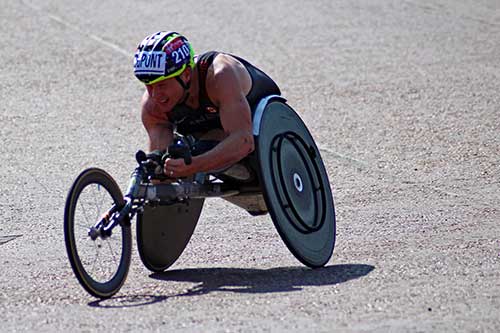In our fourth blog post about the new edition of COBUILD English Usage, Julie Moore looks at some more of the changes in language usage that emerged from research for the new edition. In this post, she explores how language shifts reflect changing ideas about mental health and disability.
As I identified in my last post, our survey of current usage for the new edition of COBUILD English Usage uncovered evidence that new words, new combinations of words and new uses have developed in recent years to better describe the diversity that exists in contemporary society. In this post, I explore this idea of diversity and inclusion further, looking at the areas of mental health and disability.
When researching the topic of language and mental health, the most striking change is the frequency with which it’s now talked about. Having been a relatively taboo topic just a few years ago, the phrase mental health has more than doubled in frequency when you compare the older Bank of English section of the Collins Corpus with the ‘New Monitor’ corpus (which contains recent material from news and social media websites). There’s also evidence of a slight increase in the use of the phrase mental ill health reflecting a recognition that all of us have varying degrees of mental health in the same way that we have different degrees of physical health. This can be seen as part of normalizing the topic of mental health and removing the previous stigma.
One in five Australians experience mental ill health in any year.
In general, women are more likely than men to seek professional help for mental ill health.
When talking about anyone with a health condition, be that mental or physical, most groups of people and the charities which represent them advocate referring to the person first and then the condition or disability. For example, they advocate referring to a person experiencing mental health issues or a person with a disability rather than a mental patient or a disabled person.
Completely new words have sprung up too around the idea of normalizing people who were previously ‘othered’ or seen as in some way ‘abnormal’. Among the autistic community, for example, people who are not autistic – and would previously have been labelled ‘normal’ – are now referred to as neurotypical. And people with autism are informally referred to as being on the spectrum (short for ‘the autistic spectrum’), a conversational expression that indicates more ease around talking about autism.
Too many studies concerning autism and empathy are designed by neurotypical researchers.
Most people on the spectrum have incredible focus and imagination.
The world of sport has also provided a flurry of new terms using the prefix para- to refer to sports people with disabilities. Although the Paralympics – a parallel event to the Olympics for athletes with disabilities – has been around for many years, in recent years, para-sport has developed a higher profile and with greater coverage has come more widespread use of terms like para-athlete, para-cycling, para-swimming, etc.

It seems to have become increasingly socially unacceptable to label anyone who doesn’t conform – because of their gender identity, sexuality, mental or physical health – as ‘other’ or ‘abnormal’. This has led to a need for more diverse, less loaded language to refer both to varied types of individuals and groups (gender-fluid, on the spectrum, para-athlete) and new terms to better talk about those who were previously described by default using language that benchmarked them as ‘normal’ (cisgender, neurotypical).
This was the last in this series of four articles. Our previous article explored how language shifts reflect changing ideas about gender and identity.



